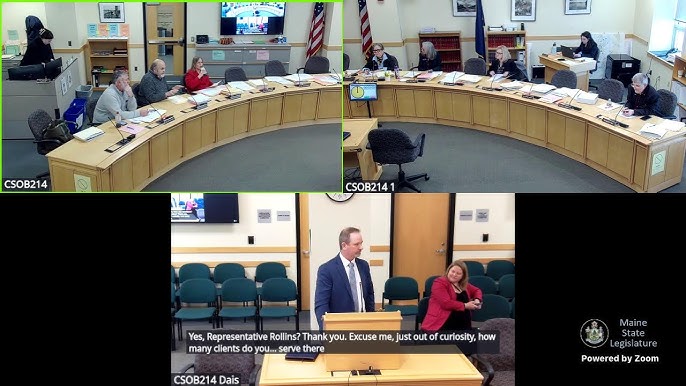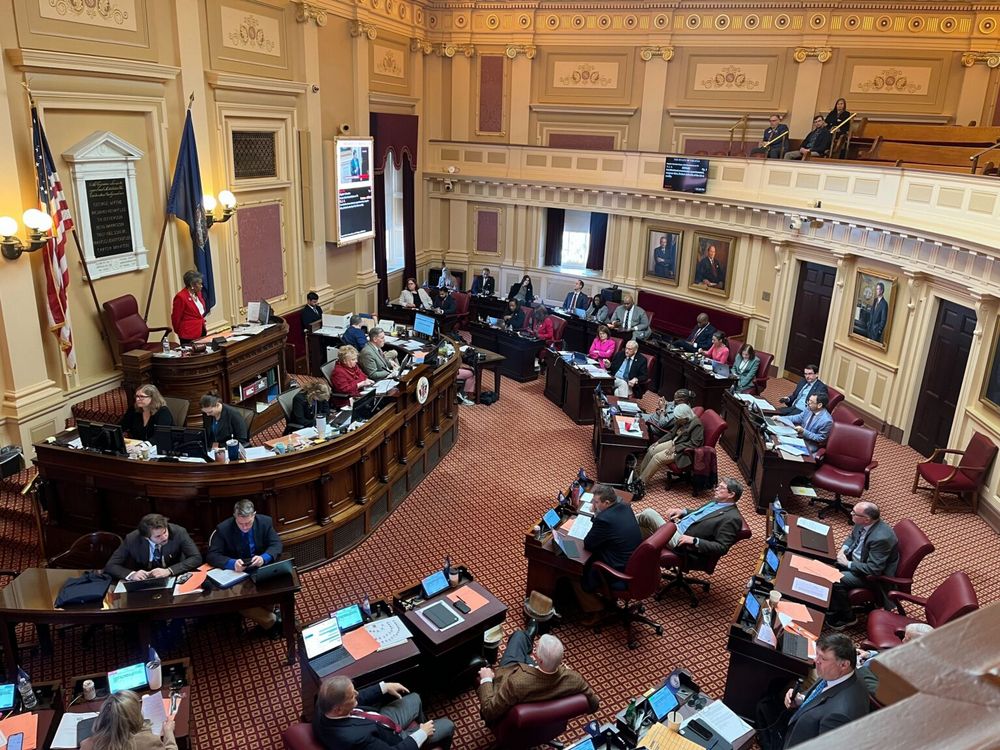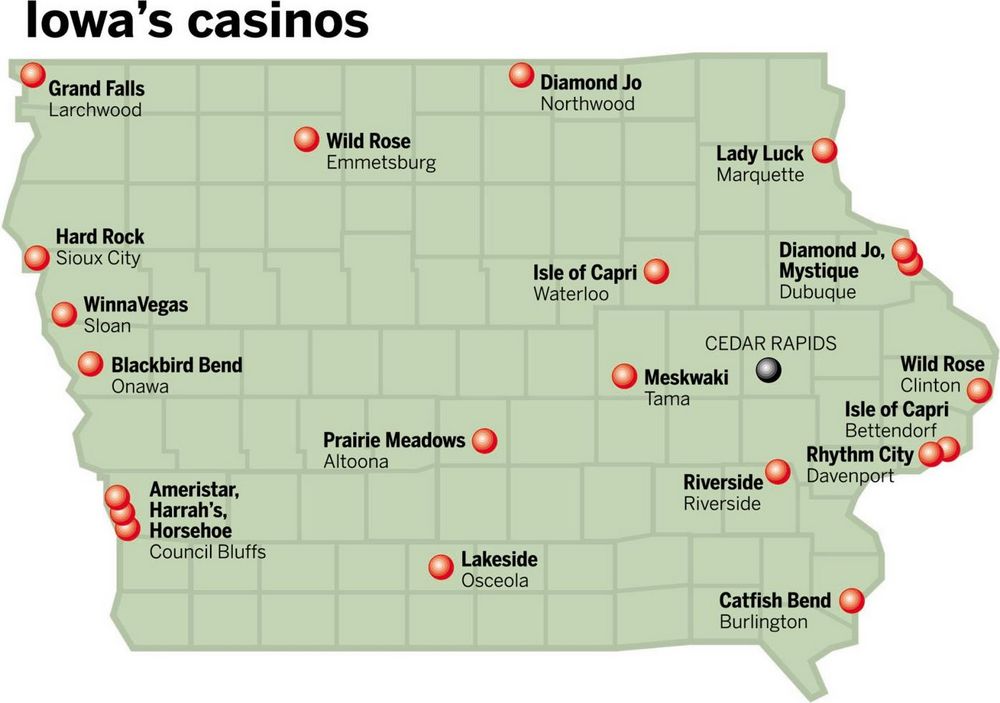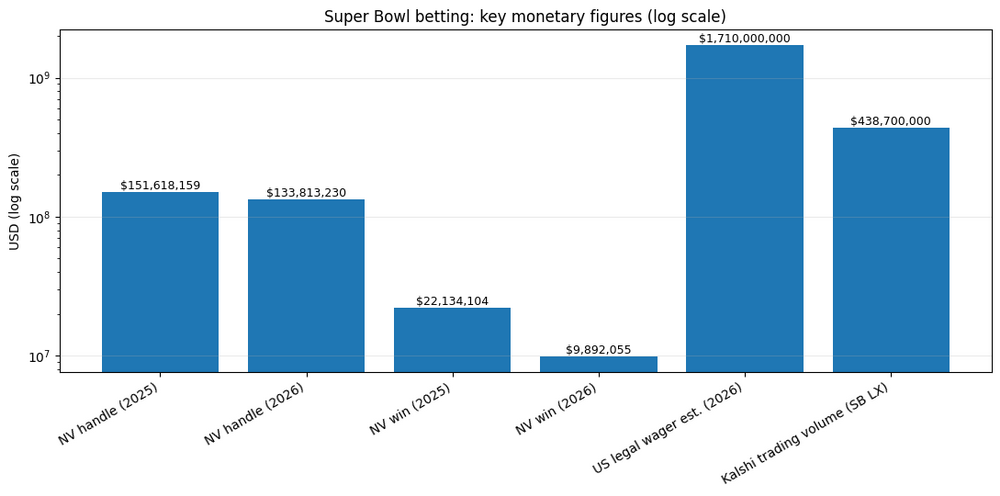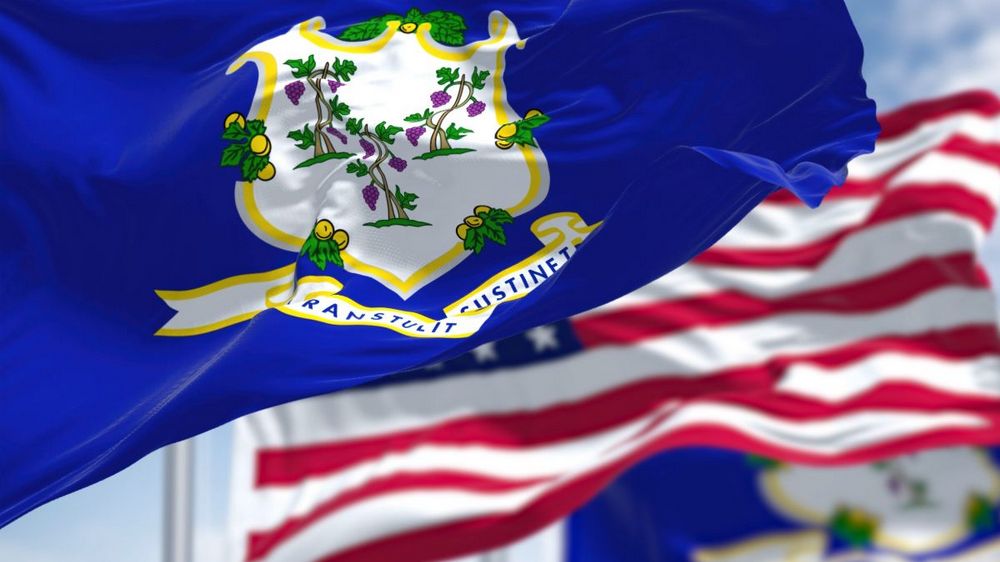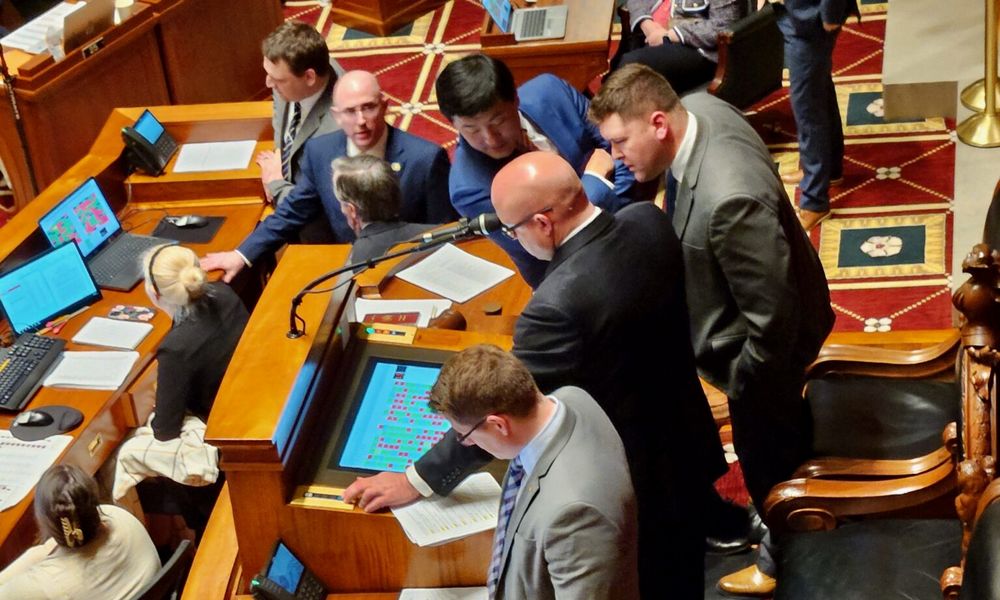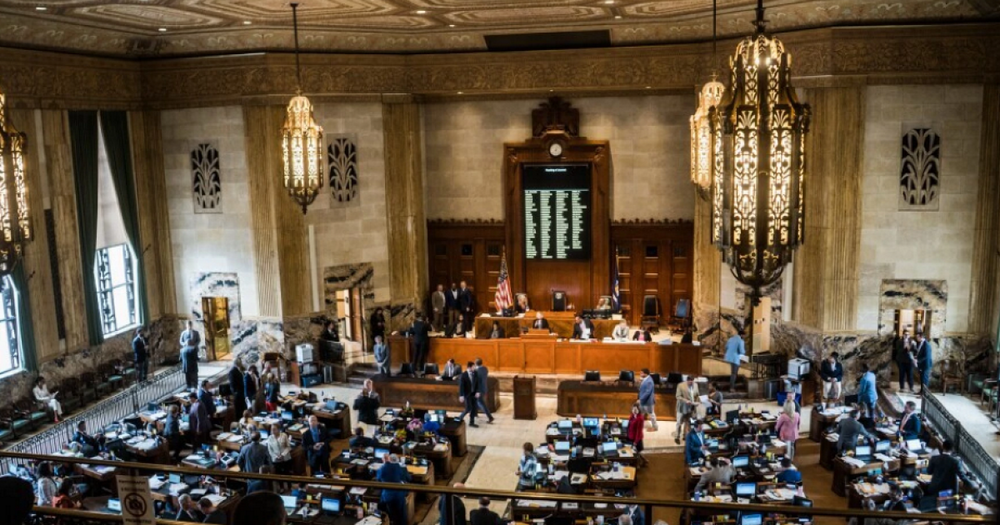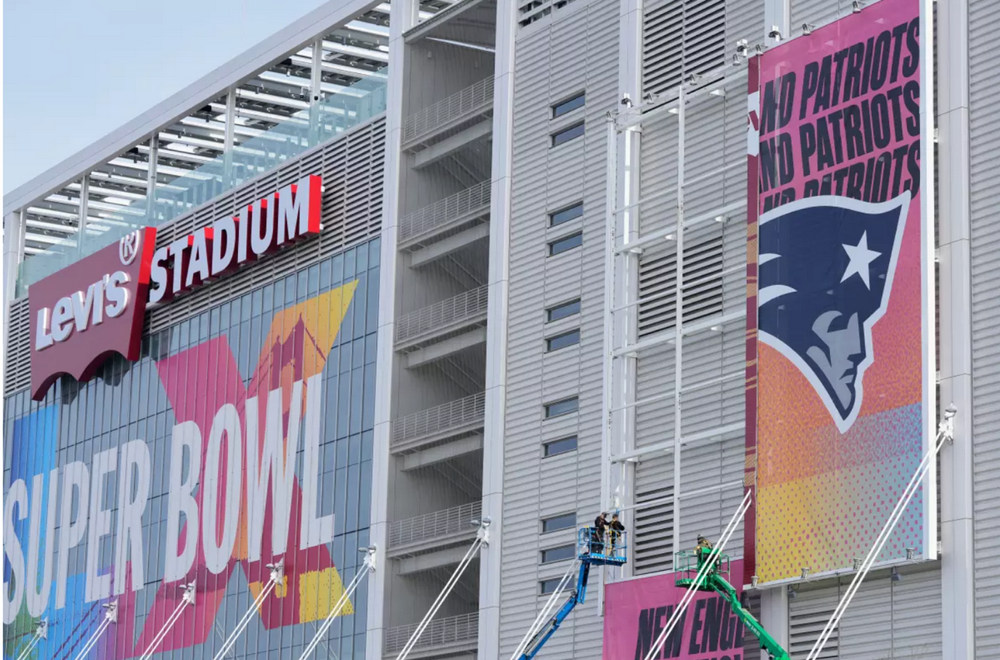Massachusetts is poised to join the digital gambling wave as state lawmakers gear up for an initial hearing on two key iGaming proposals. The Joint Committee on Consumer Protection and Professional Licensure will take up House Bill 332 and Senate Bill 235 on June 23, pushing the Bay State toward regulated online casinos.
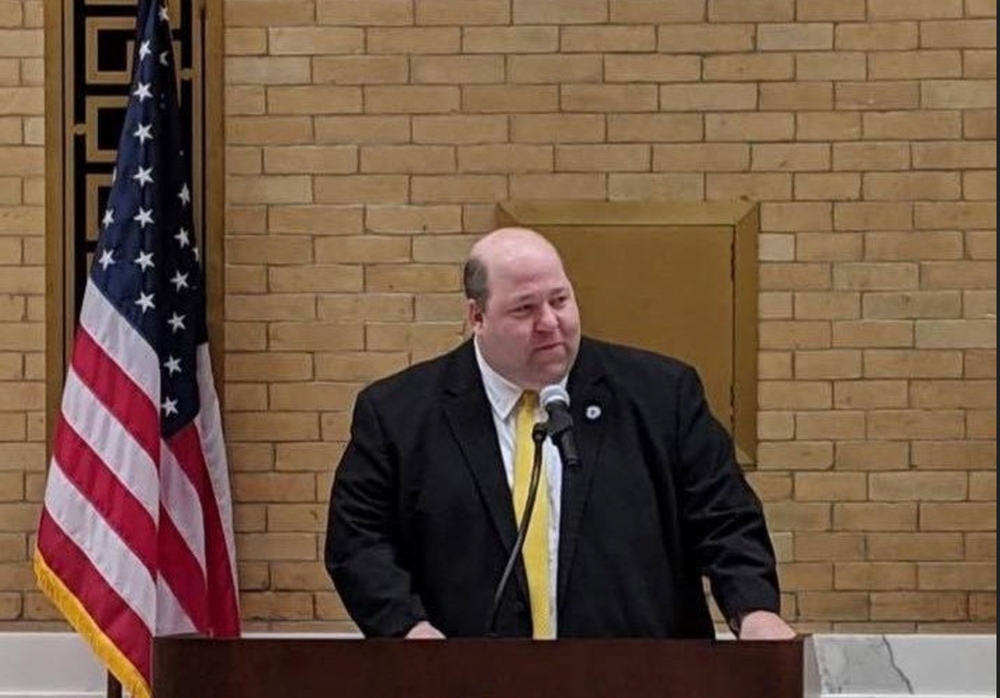
Sponsored by Rep. Daniel Cahill and Sen. Paul Feeney, the bills aim to empower the Massachusetts Gaming Commission to license online casino operators. Under the proposals, the state’s three brick-and-mortar casinos could each partner with up to two online platforms, while up to four “untethered” brands—those without physical presences—could also receive licenses.

Key terms include a $5 million licensing fee for a five-year term, renewable at the same rate, and a 20% tax on online gaming revenue, aligning Massachusetts with industry standards across regulated markets.

Jordan Maynard, chair of the Massachusetts Gaming Commission, described the current digital gambling market as “a highway without guardrails,” calling for tighter safeguards—particularly around advertising and responsible gaming measures.
National advocacy groups also weigh in, with voices like Jeremy Kudon of the Sports Betting Alliance urging support for regulation, citing broader economic advantages and consumer safety over legal—but unregulated—alternatives.
If approved, the bills could lead to the rollout of online casino offerings—like slots, table games, and poker—in Massachusetts by early 2026. This move could help Massachusetts capitalize on online gaming—currently permitted only for iLottery—while ensuring crucial revenue remains in-state.












